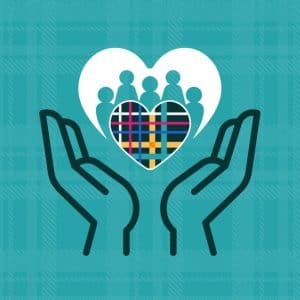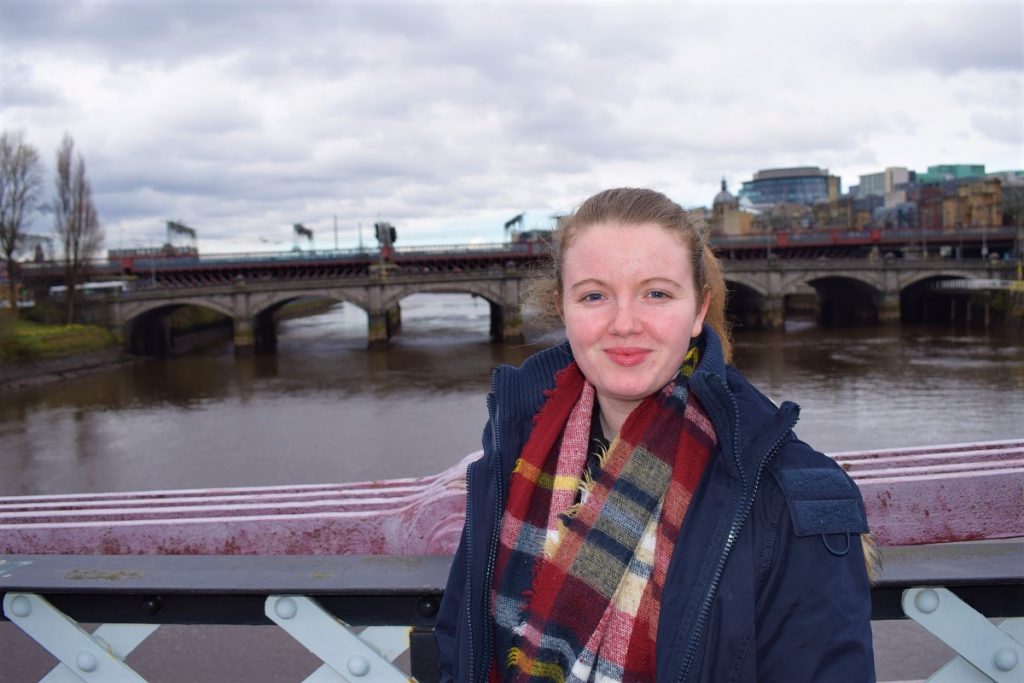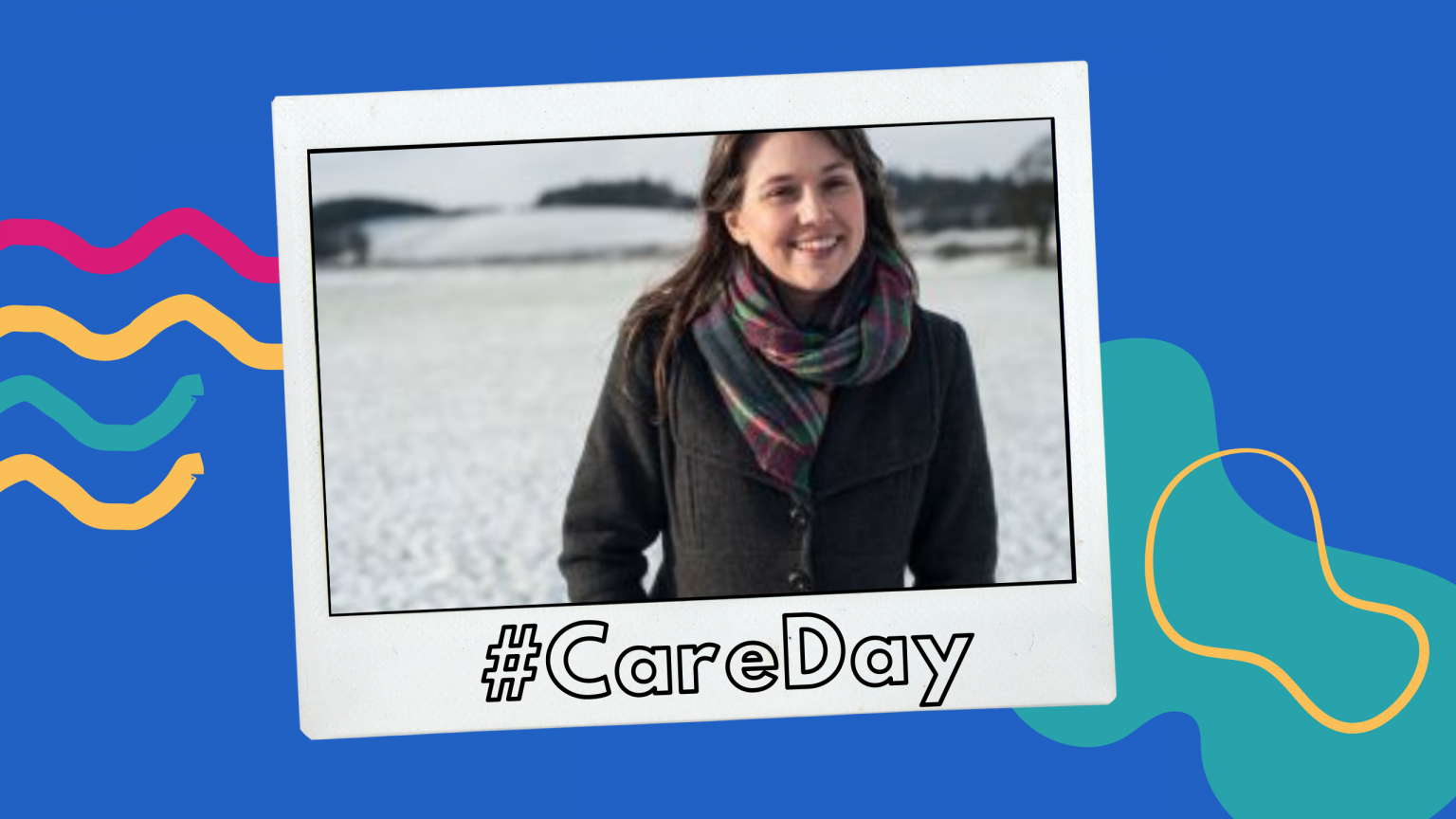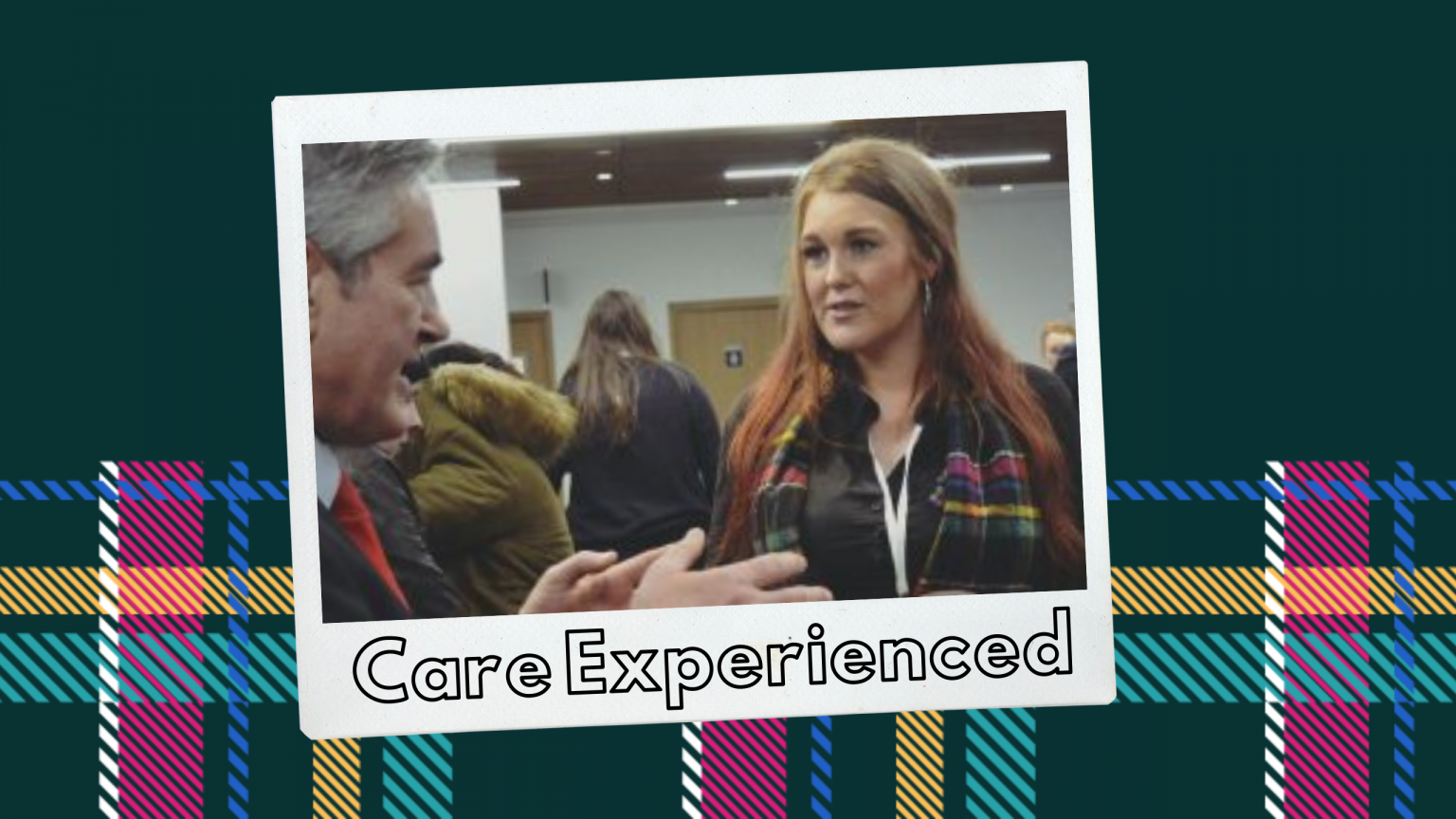Anyone who knows about the struggles care experienced people face, know how challenging it can be for us to make it to university. I’ve put in a lot of hard work, and overcome adversity, to become an Education and Social Services student in Glasgow. But doing well at university isn’t just about getting good grades, it’s also about applying for funding, and knowing how to navigate a complicated system that doesn’t always appreciate what it’s like to be in care. That’s why I want to share my story, about owning my care identity, and applying for funding for my higher education. It’s so important for us to have a positive experience when applying for funding, so we’re not overwhelmed, or put off our education. We also need to know that our care status will be seen as a positive.
When it came to applying for SAAS for my HNC in Early Education and Childcare course I felt scared and unsure. Part of me thought it would be simple, but it wasn’t as easy as I thought. As I went through the application it started to ask about my parent’s income, which threw me because I was living with foster carers. I phoned SAAS to ask them what I should do and they advised me to send in a letter from social work to confirm that I was in care, which meant I didn’t have to fill in the parent’s income detail section. The letter solved my problem, but other care experienced young people may not be in contact with a social worker, or have the confidence to speak up about the fact that they’re in care. For some, the whole process could have ended there.

Later, when I had applied for SAAS for my BA Diploma in Education and Social Services, there was a tick box option to state you were a care leaver, which I didn’t tick as I was still in care. I thought that this didn’t apply to me, when actually, it did. It wasn’t till I reapplied for SAAS for my degree year that they had realised a mistake had been made the previous year with my funding. I missed out on an extra £1000 due to me applying for an independent student bursary and not a young person’s bursary, because I didn’t tick the care leaver box. In the email they sent me to tell me about the mistake that had been made, there was a definition of what they classed as a care leaver;
“You must be a ‘care leaver’ (defined by the Children (Scotland) Act 1995, as ceasing to be ‘looked after’ by a local authority on, or at any time after, your 16th birthday”.
As I was over 16, to them, I was a care leaver, but to me, as I was still living with carers, I thought that I was still in care. A misunderstanding that cost me £1000, money that can go a long way when you don’t have the support your friends do from their parents and family.
Not knowing when to share your care experience is a common theme of care, and I worry that young people might not tick these boxes at all, simply because of the stigma attached to being care experienced. I was in my previous foster care home for 10 years, and my foster carers didn’t like to share the fact that we weren’t their children. They kept this from schools and some clubs we attended. For me, being fostered seemed like such a bad thing, something to be ashamed of, so I didn’t tell anyone I was growing up in this foster home.
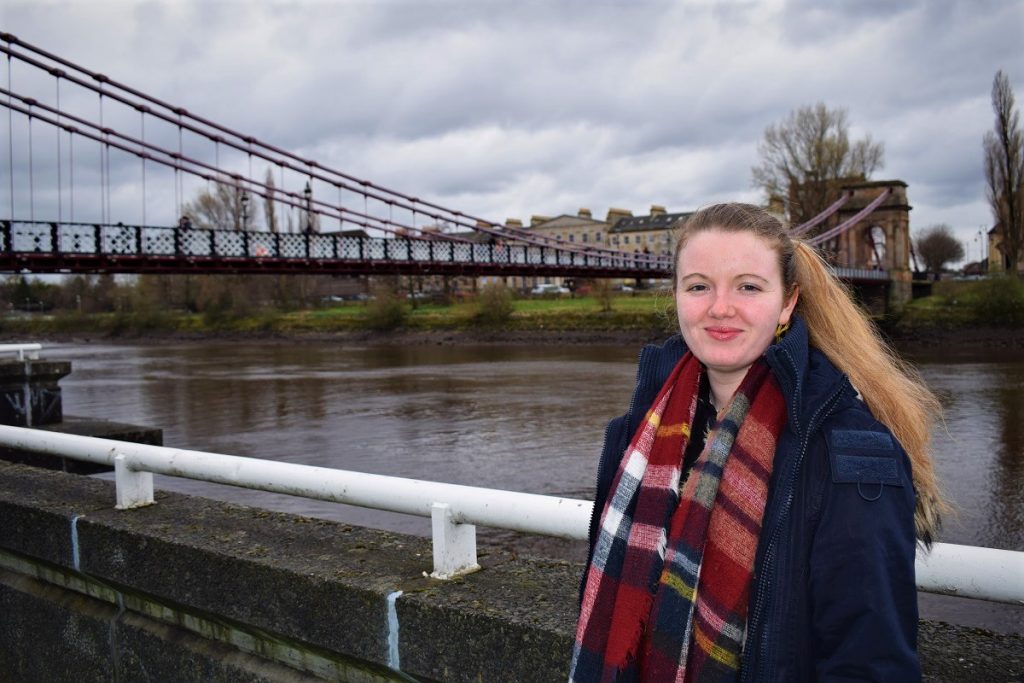
When I was moved into a new foster home, I was able to be myself, and I met other children in the same situation, and embraced that being in care wasn’t a bad thing. From being in a more relaxed and open environment I was able to be more comfortable with myself and this allowed me to share my experiences in College and University, as part of discussions in class, and to my new friends.
If we don’t understand or accept our care identity it becomes possible that we may miss important help or support.
I believe simple amendments, like changing the tick box to “care experienced”, with information alongside that says what help they may receive if they do tick it, and inform them of who else finds out this information, would make the process much more positive.
I decided to do Education and Social Services at university because this was my route to being able to do my masters in social work. The reason for wanting to be a social worker was so I could provide young people with the support and care that I didn’t get from my social worker, and try to make sure other young people don’t have a bad experience with their time in care. I know I will always encourage them to own their care identity, because of the confidence I found in myself when I owned mine.
My hope is that other young people will find the same confidence, and with the support of their chosen universities or colleges, will have every support they’re entitled to. We must support care experienced people in every way possible, to get the educations they want, and the futures they deserve.
Natasha has been working with Who Cares? Scotland and SAAS to create a “Care Experienced SAAS Application Support” event. Aimed at helping care experienced young people fill in their SAAS application forms, the event will provide professional support, to ensure attendees receive the funding they deserve. If you support care experienced young people, or are a care experienced young person looking to receive funding this year for further education, register your interest here:


